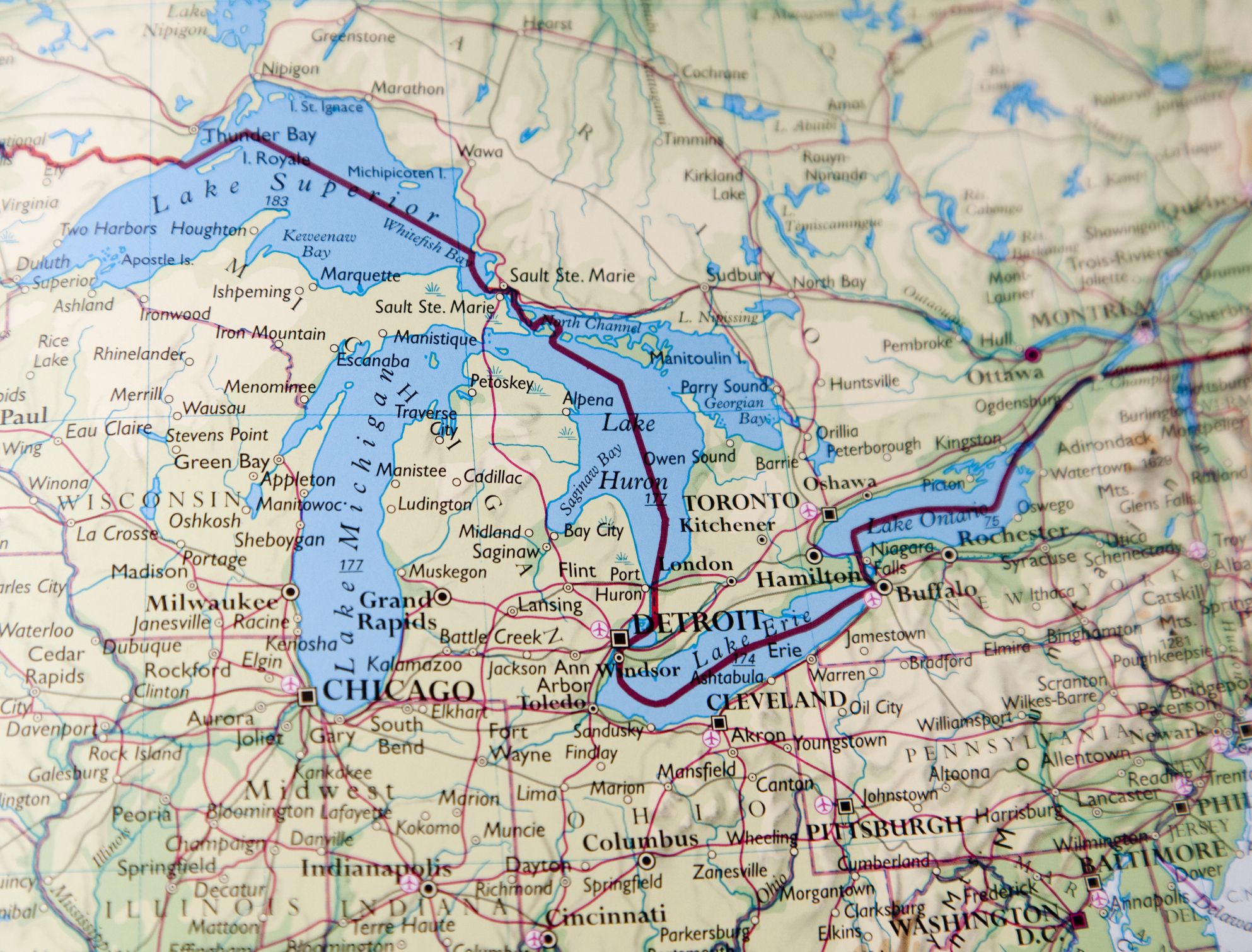Canadian and United States mayors from the Great Lakes and St. Lawrence Cities Initiative and Anishinabek Nation leadership have joined together to call for stricter rules for any new water withdrawals from the Great Lakes and St. Lawrence.
They are asking the Great Lakes and St. Lawrence Water Resources Council (Compact Council) and Regional Body to reconsider and defer the adoption of proposed changes to the procedures for reviewing requests for water withdrawals. The concerned parties noted the particular importance of doing so now with several newly elected Governors and Premiers in the region that have not yet had an opportunity to review the rules regarding withdrawals.
“Today, the Anishinabek Nation leadership is seeking to ensure that the Great Lakes and the St. Lawrence River are subject to stronger rules and improved accommodation and recognition of Anishinabek inherent rights, Aboriginal, and treaty rights where there is an interest within the scope of the Compact Council and Regional Body on water withdrawal,” said Anishinabek Nation Grand Council Chief Glen Hare. “Water is the Lifeblood of Mother Earth—we must do what we can to protect it.”
The mayors and the Anishinabek Nation entered a process of good faith discussions with the Compact Council through the last 14 months to improve the procedures and found the results disappointing. During the review period, the mayors and the Anishinabek Nation have said they sought to work collaboratively with the Compact Council and advised the Compact Council of several critical flaws contained in the existing procedures.
“As mayors in the Great Lakes St. Lawrence region, we demand stronger rules on new water withdrawals and the Compact Council’s proposed revisions need to be improved,” said Mayor of Collingwood, Ontario, Sandra Cooper, chair of the Great Lakes and St Lawrence Cities Initiative.
The parties said that the Compact Council ignored many of the concerns of the mayors, the Anishinabek Nation, and other concerned stakeholders in the Great Lakes region. Instead, they said, the Compact Council is seeking to push through revisions at their next meeting.
The mayors and the Anishinabek Nation shared two main concerns regarding the proposed procedures for reviewing diversion requests. The concerns are:
- The procedures should allow for increased stakeholder participation and information sharing during the review process. However, this is not the case with the new proposed rules. For example, the proposed rules do not require sufficient public participation in each of the areas of the Great Lakes-St. Lawrence region, thereby not allowing all voices to be heard; and
- The proposed procedures fail to correct many of the weaknesses in the Compact Council’s ability to properly review and enforce diversion requests. For example, the proposed procedures do not explicitly acknowledge the role that the Compact Council must play in helping to monitor and enforce an applicant’s compliance with a diversion request once the request has been approved.
There are other deficiencies in the proposed procedures that the mayors, the Anishinabek Nation, and other stakeholders have voiced concern over. Should the new rules be adopted as proposed, it would be a lost opportunity to increase protection for an important strategic resource and public engagement said the parties.









